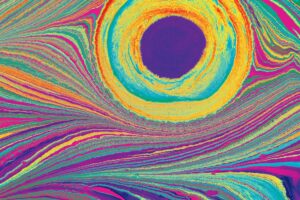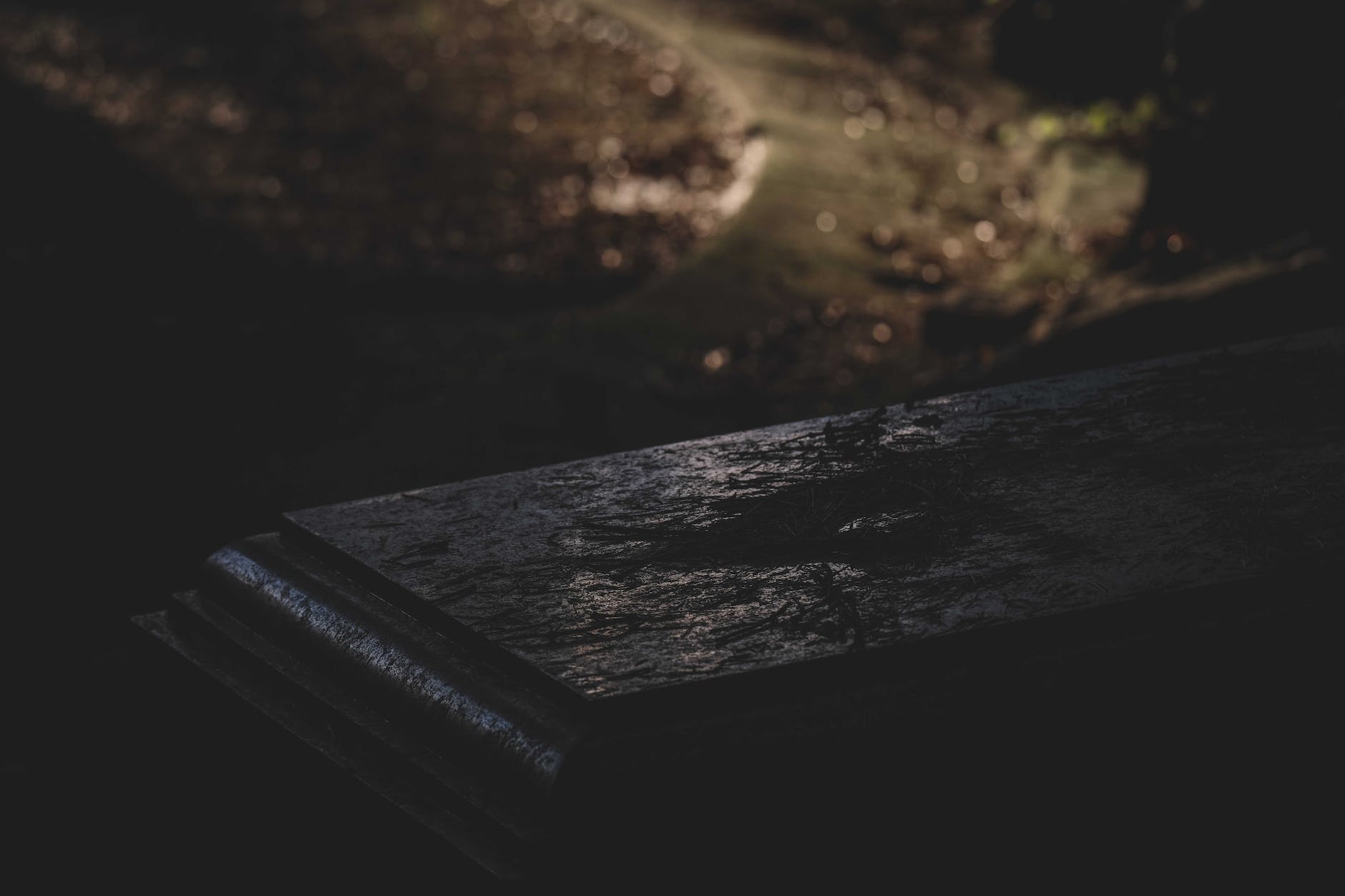The psychedelic music genre emerged in the 1960s as a subculture attempting to manifest new ways of thinking, feeling, and connecting with the world. Rooted in the countercultural movement in the United States and popularized by legendary bands like the Grateful Dead, psychedelic music has evolved from its origins in rock and roll to inspire a rich and diverse musical landscape that weaves together influences from electronic music, desert grooves, and tribal beats.
The culture of psychedelic music festivals reflects this fusion of different styles and traditions. In particular, they have come to be associated with explorations of alternative modes of living and the pursuit of intense spiritual experiences. With the iconic 1969 Woodstock festival that drew 400,000 participants, the ongoing annual Burning Man event, which began in 1986, and the growing popularity of music-driven gatherings across the globe, it is crucial to examine the history and philosophies embedded in these transformative experiences.
At the core of psychedelic music and festival culture is the belief in the power of music to facilitate transcendent, spiritual experiences. The pioneers of this genre sought to reimagine and explore new realms, engaging in a quest for understanding the world and one’s place within it. Many of these musicians turned to psychedelics such as LSD and psilocybin to help propel their creative and personal searches. The genre expanded and evolved, with electronic music becoming a major force in reshaping the soundscape of psychedelia. Producers began exploring new elements such as synesthesia – the perception of colors when hearing sounds – to create immersive, synesthetic experiences for their audiences.
As music evolved, so too did the festivals celebrating it. It is a part of the psychedelic philosophy to reimagine the societal norms and conventions that constrain us. The countercultural movement of the 1960s and 70s provided fertile ground for new ways of imagining society, and this was reflected in the events being held. Woodstock serves as an emblematic example – people came together from all walks of life to experience something transformative. While burning effigies, they let go of old notions and embraced an alternative way of being, promoting peace, love, and unity.
This culture of transformation remains a key feature of modern-day psychedelic music festivals. The phenomenon of transformational festivals is an evolution of the countercultural values that spawned Woodstock, while incorporating contemporary values of ecological sustainability, local/global interconnectedness, and self-exploration. These events are designed to encourage personal growth and catalyze real, meaningful change in participants, supporting them in their journey towards living more conscious, connected lives.
At their heart, transformational festivals aim to provide a space for spiritual experiences and connection with others. Many such events include workshops, healing spaces, and opportunities for personal growth alongside the incredible musical lineups. One of the most iconic examples is the annual Burning Man gathering, which takes place in the Nevada desert. In this temporary city, participants contribute to the community through art, music, and healing practices while daily life is governed by a set of guiding principles, including radical self-expression and radical inclusion. The effigy burn at the end of the week represents releasing old, limiting beliefs and embracing the transformative potential of the self and the collective.
The psychedelic music and festival culture has expanded and changed over time, but the core values remain: a belief in the power of music and art to inspire unity, spiritual awakening, and personal transformation. From Woodstock, through Grateful Dead shows, to contemporary transformational festivals and electronic music events, the longing for connection and the longing for new ways of thinking and feeling are alive and well. As the culture continues to evolve, with new artists, events, and ideas gaining prominence, the future of the psychedelic journey is sure to be fascinating and exhilarating – challenging the boundaries of musical exploration and spiritual transcendence.






